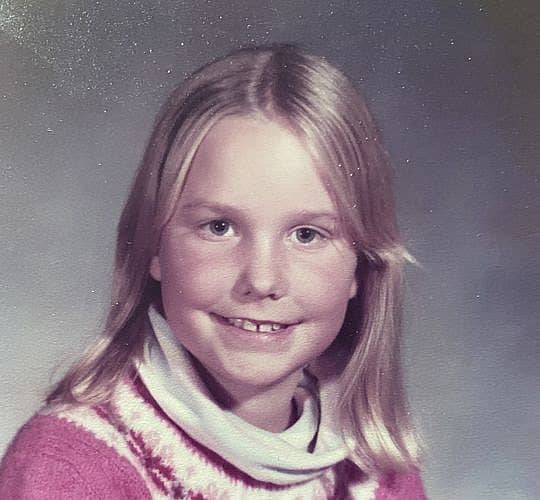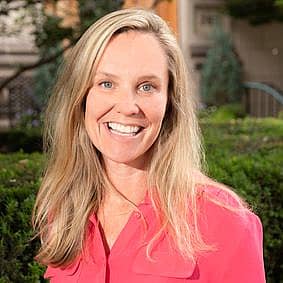When I was in fifth grade, I learned to whistle. My friends were impressed. My parents were impressed. My teacher, Mrs. Quevedo, was less impressed. I whistled in class constantly. I recently stumbled across my old report cards, where she referred to me as “Johnny One Note.” Was I only whistling a single note? That’s not how I remember it. But Mrs. Quevedo did a wonderful thing. She incorporated my whistling into our classroom work. When I answered a question correctly in my Wordly Wise workbook, I’d suck in air (yes, in the early days of my whistling, I sucked in) and release a single note. She met me in the middle. She honored my accomplishments and built on my skills.
A weird twist of fate brought me back to that same small, progressive K-8 independent school where I learned to whistle. This time, I was a parent of three girls. My three daughters are very different learners. Here’s how I’d explain it: if you ask the oldest to jump, she would ask how high. And then she might think to say, “but is that high enough?” If I asked my middle daughter to jump, she’d stare at me. For a long time. And then she might say, “why would I do that? What’s in it for me?” And, finally, “who’s going to catch me?” And my little one would say, “oh, I’m not falling for that old trick. I’ve seen how that works out in the end.” Different girls, different students, same parents! The little, progressive K-8 school met them all in the middle. They honored their accomplishments and built on their skills.
In my view, education should be about meeting a student where they are, discovering and building on their interests, passion and skills, and developing their critical thinking skills so that they can be successful agents of change. It should be less about content mastery and assessments. No two students are alike, as modeled in my very own home, and to hold them to the same standards seems short sighted.
So, that’s my utopian view. In fact, we are not there yet. Not all of our classrooms are structured in a way where individual development can be honored and achieved. But I’m hopeful. And it starts with us, the parents of these young human beings with developing minds. If we can make choices about our children’s’ education where they are learning more about themselves and their place in the world, then we are placing them on the path for success. If we are able to prioritize fit over rigor and reputation, we will build confidence and self-knowledge. And if we have done it right, when we ask them to jump, they will dive head first.


